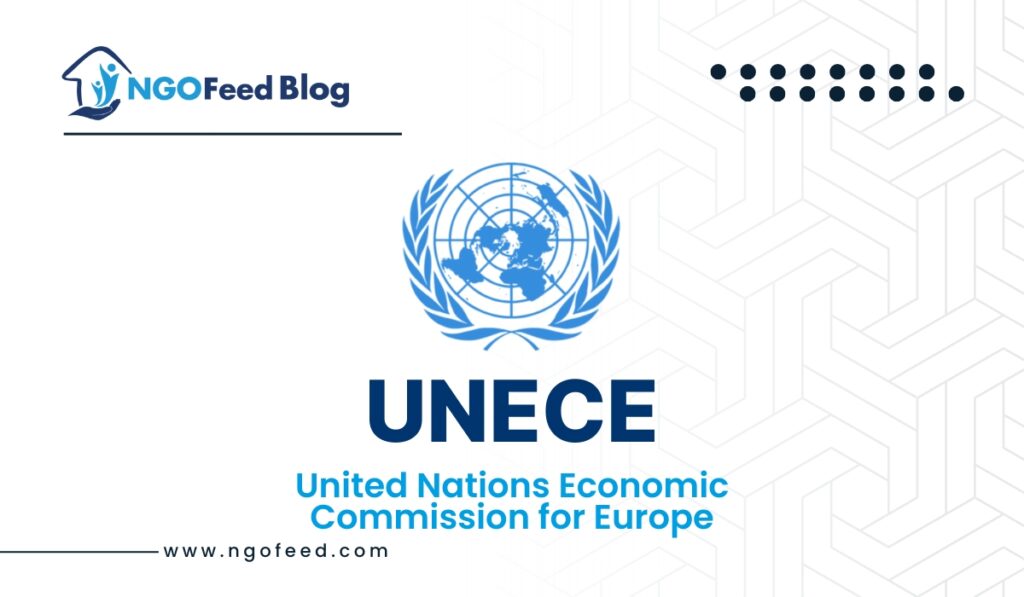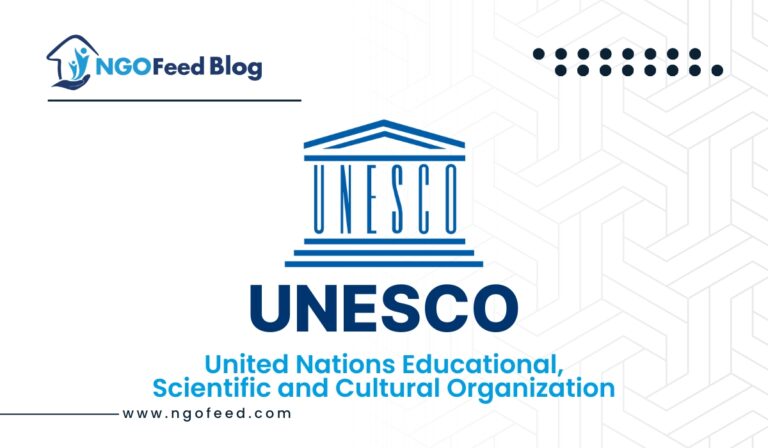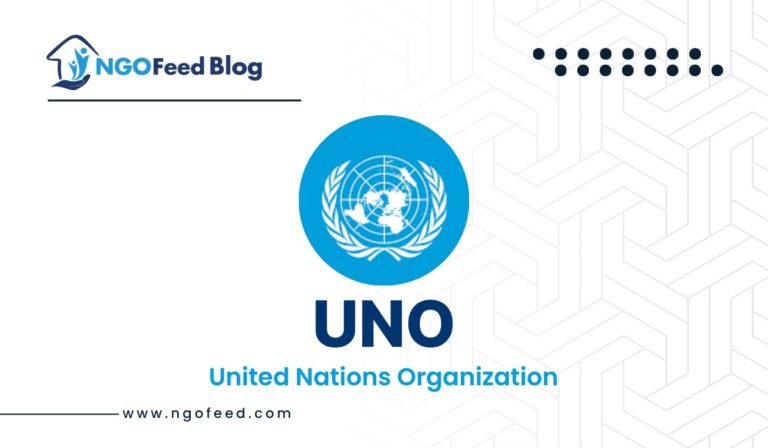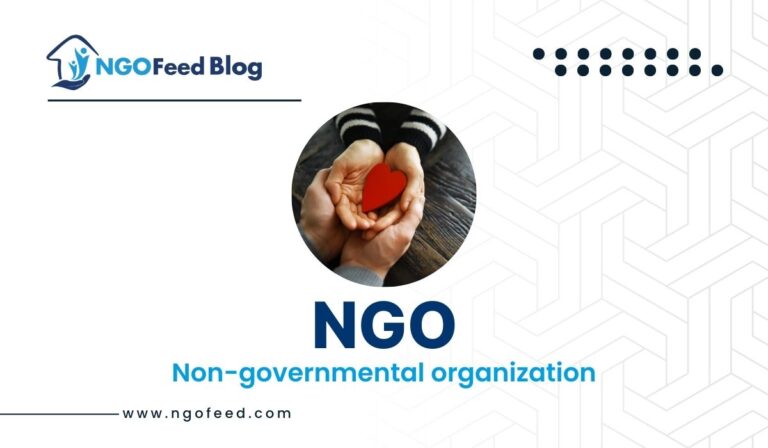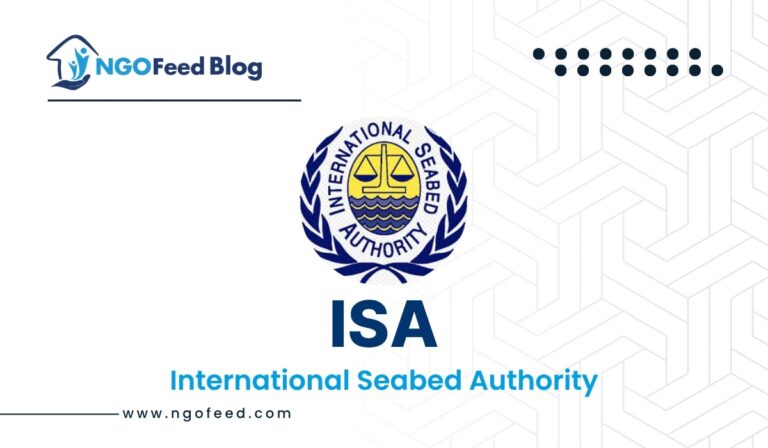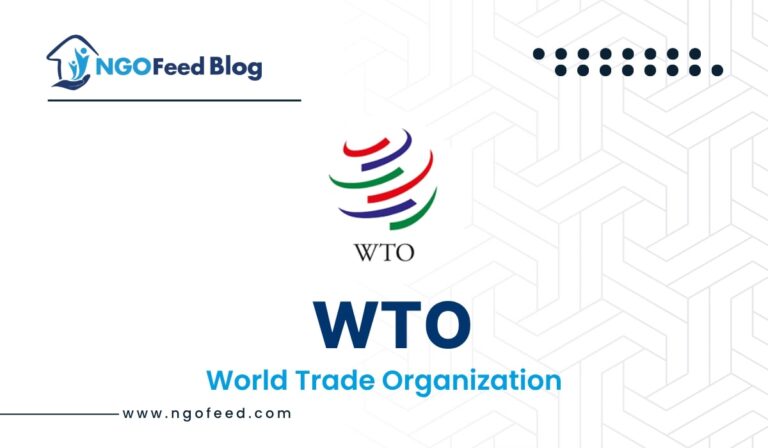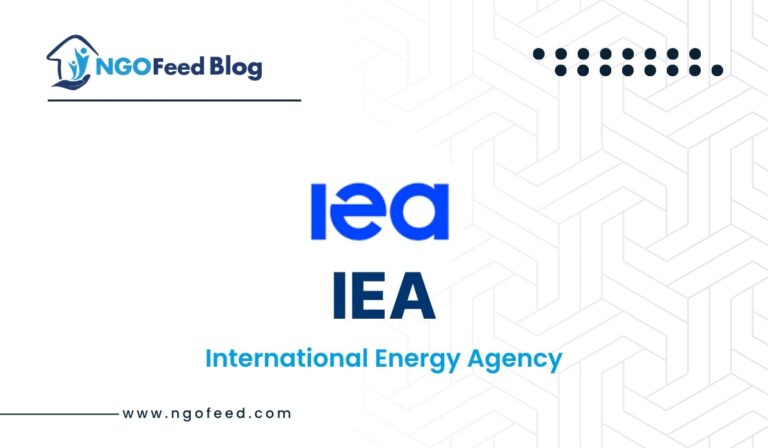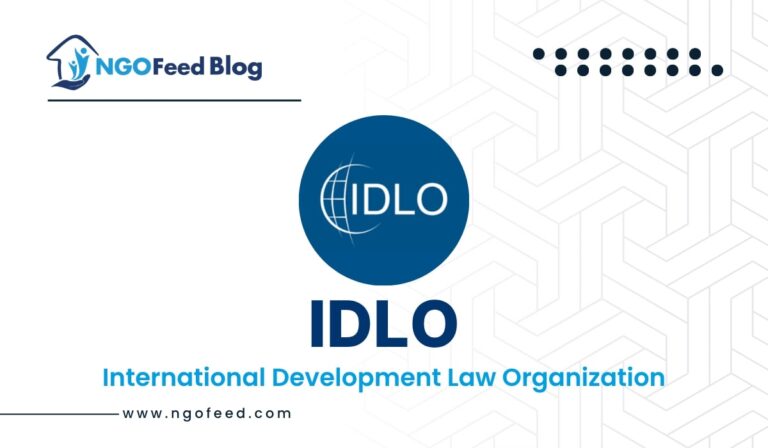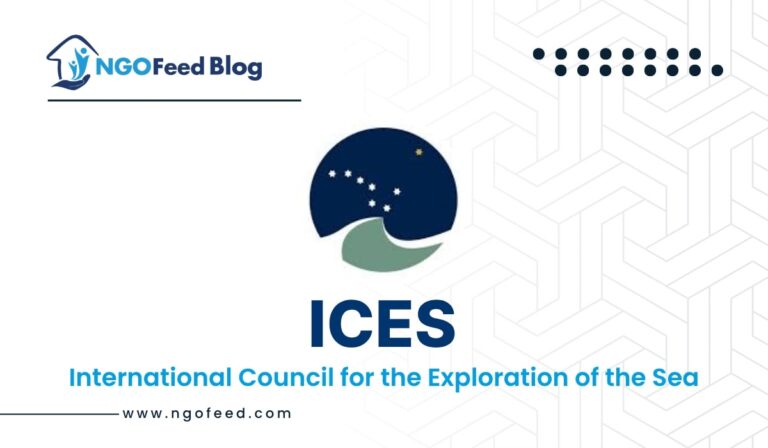UNECE Full Form: The United Nations Economic Commission for Europe promotes economic cooperation and integration among its member states. Today we will talk about UNECE, its History and its full form. And will give complete information about what its functions are. So you have complete information about it. UNECE comprises 56 member countries, mostly from Europe, with a handful outside the continent. Canada, Cyprus, Georgia, Israel, Kazakhstan, Armenia, Azerbaijan, Kyrgyzstan, the Russian Federation, Tajikistan, Turkey, Turkmenistan, the United States of America, and Uzbekistan are among its transcontinental Eurasian or non-European member states.
The primary goal of UNECE is to foster pan-European economic integration, and It has 56 member countries from Europe, North America, and Asia. However, all interested United Nations member states are welcome to join UNECE’s efforts. UNECE activities are supported by over 70 international professionals and other non-governmental organizations. Throughout this article, we provide detailed information about the UNECE, such as formation, world, objective, structure etc.
Table of Contents
UNECE Overview
Today UNECE is functioning in additional than 56 member countries and works for Europe.
| UNECE | United Nations Economic Commission for Europe |
| Headquarters | Geneva, Switzerland |
| Formation | 28 March 1947 |
| Executive Secretary | Olga Algayerova |
| Parent Organization | United Nations Economic and Social Council |
| Website | www.unece.org |
| Member | 56 Member |
What is UNECE
The United Nations Economic Commission for Europe (ECE or UNECE) is one of five regional commissions under the United Nations Economic and Social Council jurisdiction. It was established to promote economic cooperation and integration among its member states.
The Commission comprises 56 member states, most in Europe and some outside Europe. Its transcontinental Eurasian and non-European member states include Armenia, Azerbaijan, Canada, Georgia, Israel, Kazakhstan, Kyrgyzstan, the Russian Federation, Tajikistan, Turkmenistan, the United States, and Uzbekistan.
Read also:
History
The Commission was established on 28 March 1947 by the Economic and Social Council to “initiate and participate in the facilitation of concerted action for the economic reconstruction of Europe”, as well as to “maintain and strengthen the economic relations of European countries”. was taken for for” both among themselves and with other countries of the world.”
It was established at the request of the United Nations General Assembly, which called on the Economic and Social Council to create “effective aid to war-ravaged countries” and the Commission for Asia and the Far East.
Since the Commission for the start of the Cold War was established, the Iron Curtain has faced difficulties achieving its mandate of economic reconstruction of Europe. The Commission’s function was to deal only with questions of common interest to the East and the West and not cause conflict. However, since the collapse of the Soviet Union, the Economic Commission of the United Nations has been expanding its activities in the former Soviet republics.
Objectives and Mandate
As a multilateral forum, UNECE facilitates greater economic integration and cooperation among its member states and promotes sustainable development and economic prosperity through:
- policy dialogue,
- negotiation of international legal instruments,
- development of regulations and norms,
- exchange and application of best practices as well as financial and technical expertise,
- technical cooperation for countries with economies in transition.
Committees and Programs of UNECE
- Committee on Environmental Policy (CEP)
- Committee on Forests and the Forest Industry
- Committee on Urban Development, Housing and Land Management (CUDHLM)
- Inland Transport Committee (ITC)
- Statistical Division
- Sustainable Energy Division
- United Smart Cities (USC)
Member states
This section will provide you with the information about the commission’s member states, along with their dates of admission:
| Albania | Malta | Estonia | Slovenia |
| Andorra | Republic of Moldova | Finland | Spain |
| Armenia | Monaco | France | Sweden |
| Austria | Montenegro | Georgia | Switzerland |
| Azerbaijan | Netherlands | Germany | Tajikistan |
| Belarus | North Macedonia | Greece | Turkey |
| Belgium | Norway | Hungary | Turkmenistan |
| Bosnia and Herzegovina | Poland | Iceland | Ukraine |
| Bulgaria | Portugal | Ireland | United Kingdom |
| Canada | Romania | Israel | United States of America |
| Croatia | Russian Federation | Italy | Uzbekistan |
| Cyprus | San Marino | Kazakhstan | Liechtenstein |
| Czech Republic | Serbia | Kyrgyzstan | Lithuania |
| Denmark | Slovakia | Latvia | Luxembourg |
Conclusion
The United Nations Economic Commission for Europe (UNECE) is an important place for its 56 member countries in Europe, North America, and Asia to work together and integrate their economies. UNECE has been around since 1947 and is very important for promoting sustainable development and economic growth in the area. It does this by supporting policy discussions, creating international legal instruments, and promoting these goals. UNECE’s many panels and programs, such as those that deal with environmental policy, forests, urban development, and transportation, continue to help its many member countries reach their common economic goals and advance international cooperation.
Frequently Asked Questions (FAQs)
What is the Full form of UNECE?
United Nations Economic Commission for Europe (UNECE).
How many countries are in the United Nations Economic Commission for Europe?
There are 56 members of the UNECE.
Who is the head of the UNECE?
Olga Algayerova is the Executive Secretary of the United Nations Economic Commission for Europe.
Read also:

